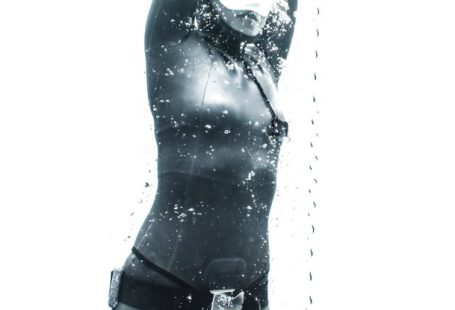Navigating the High Seas: Dealing with Seasickness on a Dive Boat
Embarking on a diving adventure is an exhilarating experience, offering the chance to explore the wonders hidden beneath the ocean’s surface. However, for some individuals, the excitement of diving can be dampened by the unwelcome companion of seasickness. The rolling waves and constant motion of a dive boat can trigger symptoms of nausea, dizziness, and general discomfort, potentially putting a damper on an otherwise thrilling experience. If you find yourself prone to seasickness, fear not – there are strategies and remedies that can help alleviate your symptoms and allow you to fully enjoy your time on the water.
Understanding Seasickness
Seasickness, also known as motion sickness, is a common condition that occurs when your brain receives conflicting signals from your inner ears, eyes, and sensory nerves. When you are on a moving vessel like a dive boat, your inner ear senses the motion, but your eyes may not see the movement, leading to a disconnect between what your body feels and what your eyes perceive. This sensory dissonance can result in feelings of nausea, dizziness, and overall discomfort.
Managing Seasickness
While seasickness can be a challenging hurdle to overcome, there are several strategies you can employ to help mitigate its effects and enjoy your diving experience to the fullest.
Mind over Matter
One of the most effective ways to combat seasickness is by keeping your mind occupied and focused on tasks other than your discomfort. Engage in conversation with your fellow divers, listen to music, or participate in onboard activities to distract yourself from the rocking motion of the boat. By keeping your mind engaged, you may find that your symptoms diminish.
Fresh Air and Horizon Gazing
Stepping out onto the deck of the dive boat and breathing in the fresh sea air can do wonders for alleviating seasickness. Position yourself where you can see the horizon, as focusing on a fixed point in the distance can help reorient your senses and reduce feelings of nausea and dizziness. Additionally, the fresh air can help clear your mind and provide a sense of relief.
Stay Hydrated and Avoid Heavy Meals
Proper hydration is essential for preventing and managing seasickness. Be sure to drink plenty of water before and during your dive excursion to keep your body well-hydrated. Avoid consuming heavy or greasy meals before boarding the boat, as these can exacerbate feelings of nausea. Opt for light, easily digestible snacks to keep your stomach settled.
Medication and Remedies
If you are prone to severe seasickness, consider taking over-the-counter medications or natural remedies to help alleviate your symptoms. Antihistamines, such as dimenhydrinate or meclizine, are commonly used to prevent motion sickness and can be taken before boarding the dive boat. Ginger supplements or ginger candies are also believed to have anti-nausea properties and may help soothe an upset stomach.
Conclusion: Smooth Sailing Ahead
Seasickness can be a challenging obstacle to overcome, but with the right strategies and remedies, you can effectively manage your symptoms and enjoy your time on a dive boat. By staying hydrated, keeping your mind occupied, and utilizing medication or natural remedies as needed, you can navigate the high seas with confidence and fully immerse yourself in the underwater wonders that await. With these tips in mind, you’ll be well-equipped to tackle seasickness head-on and ensure a smooth sailing experience on your next diving adventure.





